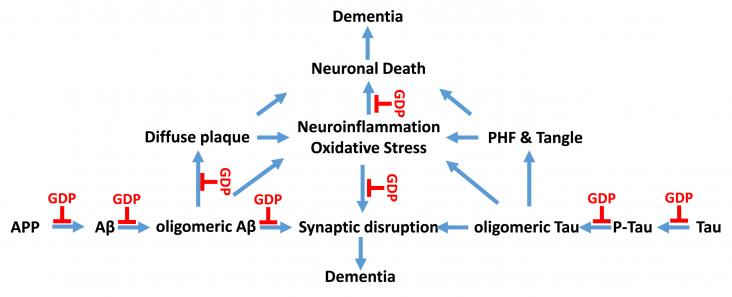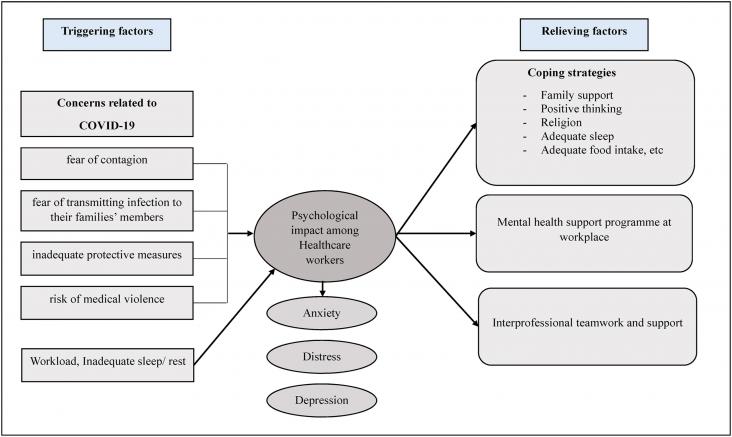Elsevier,
Neural Engineering Techniques for Autism Spectrum Disorder Volume 1: Imaging and Signal Analysis 2021, Pages 287-313
This book chapter advances SDG3 Good Health and Wellbeing and SDG10 Reducing Inequalities by real-time wearable on-chip processor for the early prediction of the emotions in patients with Autism spectrum disorder (ASD).
This chapter advances goals 3 and 5 by examining sex differences in hippocampal neurogenesis and hippocampus-dependent cognition, in both healthy individuals and in those with AD, and how these differences are affected by age, hormones, APOE genotype, and experience.
This chapter advances goals 3 and 5 by summarizing the evidence from recent multidomain lifestyle intervention trials, and the intervention response observed in men and women. While there have been insightful advancements in the field, many important questions still remain. Considerations for future research and risk reduction initiatives are also highlighted.
This chapter advances goals 3 and 5 by examining the biological and social reasons women are disproportionately affected by mental health issues. It advocates for a gender-based approach to mental health programs to help women with the unique set of challenges they face.
Elsevier,
Neural Engineering Techniques for Autism Spectrum Disorder Volume 1: Imaging and Signal Analysis 2021, Pages 1-8
This book chapter advances SDG3 Good Health and Wellbeing and SDG10 Reducing Inequalities by reviewing the outcome of children and babies with ASD in later life, focusing on new biomedical research and also state-of-the-art techniques that are multidisciplinary between engineering and clinical research.
This content aligns with Goal 10: Reduced Inequalities by examining the racial disparities associated with vascular pathologies in order to improve care among an increasingly diverse patient population.
Objective: Smoking is an important causative factor of chronic obstructive pulmonary disease (COPD), and females are considered more susceptible to the effects of smoking than males.

Alzheimer's disease (AD) is by far the most prevalent neurodegenerative disease of aging and is a major burden for patients, caregivers, and the overall health care system.

Background: The coronavirus pandemic (COVID-19) has a social and psychological impact among healthcare workers worldwide and appropriate coping strategies are essential to avoid the negative mental he
Background: Exposure to cold or hot temperatures is associated with premature deaths.
